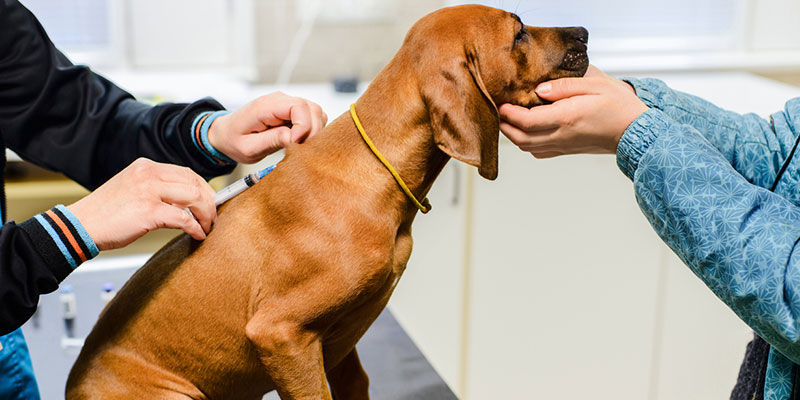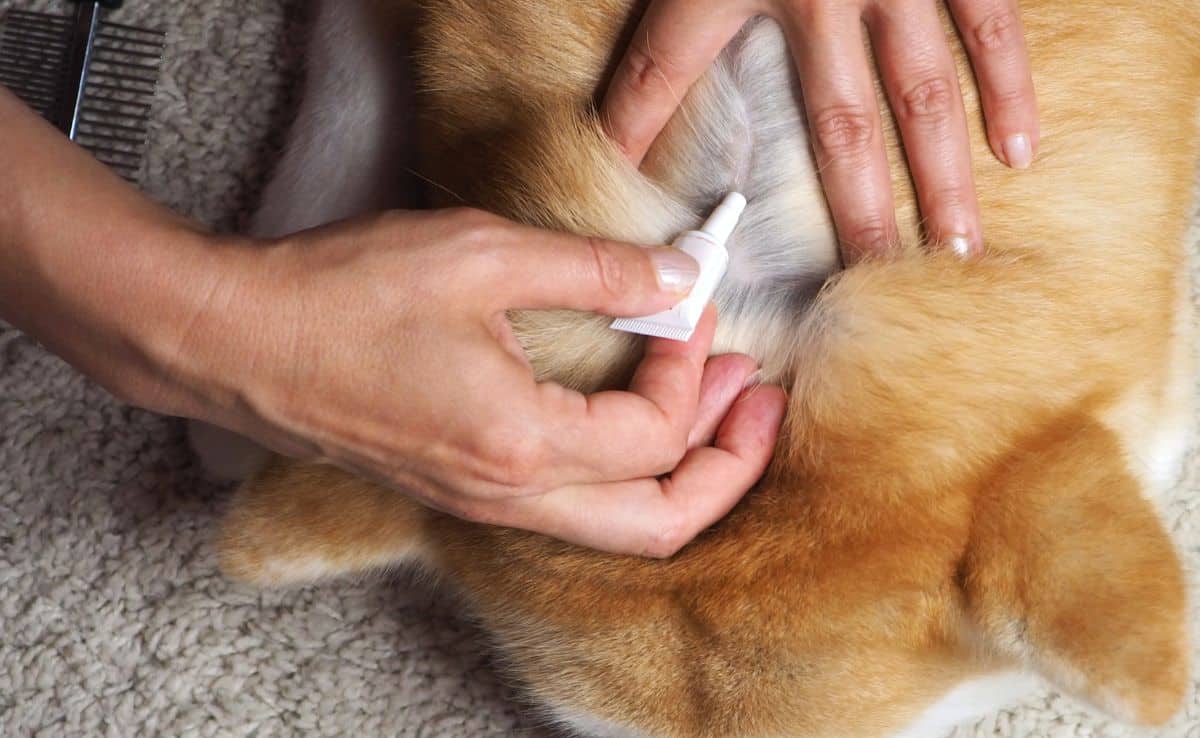Welcoming a furry friend into your home brings joy and companionship, but it also means taking responsibility for their well-being. Fleas and ticks are not just a nuisance; they pose serious health risks to your beloved pets. To ensure their safety and comfort, it's crucial to take proactive steps for flea and tick prevention.
Understanding the Threat
Fleas and ticks aren't just a seasonal annoyance; they can latch onto your pet at any time of the year. These pesky parasites not only cause itching and discomfort but can also transmit diseases, posing a threat to your pet's health.
Preventive Measures

Regular Check-ups: Make it a habit to inspect your pet for fleas and ticks regularly, especially after outdoor activities. Check their fur, ears, and between their toes. Early detection is key to effective prevention.
Grooming Habits: Regular grooming helps keep your pet clean and reduces the risk of infestation. Brushing your pet's fur can help remove ticks and fleas before they have a chance to settle in.
Flea and Tick Treatments: Consult your veterinarian for the most suitable preventive treatments. From spot-on treatments to oral medications and collars, there are various options available. Ensure these treatments are specific to your pet's species, age, and health condition.
Maintain a Clean Environment: Regularly clean your pet's bedding, vacuum your home, and groom your yard. Fleas and ticks can thrive in various environments, so maintaining cleanliness in your surroundings is crucial.

Natural Alternatives
For pet owners seeking natural remedies:
Essential Oils: Some essential oils like cedarwood, eucalyptus, and lavender have repellent properties. Dilute them properly and use as directed to repel fleas and ticks.
Herbal Sprays: Herbal sprays made from natural ingredients like neem, rosemary, or lemon can act as repellents. However, consult your vet before using these products on your pet.
Vigilance and Action
Remember, prevention is easier than treatment. Stay vigilant, educate yourself about the signs of infestation, and take immediate action if you suspect your pet has fleas or ticks. Prompt treatment reduces discomfort for your pet and helps prevent potential health issues.
Conclusion
Your pet's health and happiness are paramount. By implementing these preventive measures and staying proactive, you can safeguard your furry companion from the risks posed by fleas and ticks. Consult your veterinarian for personalized advice and enjoy a flea and tick-free life with your beloved pet!


Recent post